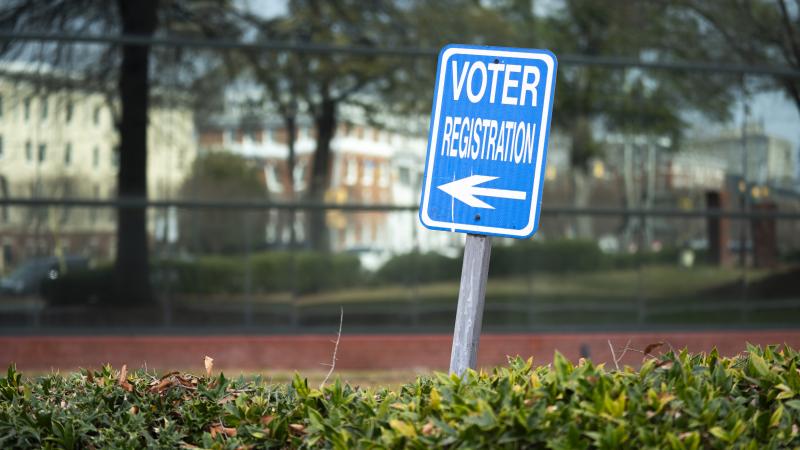Wisconsin Supreme Court hears arguments against Racine voting van
A Racine County judge ruled in January the van used by Racine’s clerk in 2022 is illegal and cannot be used again.
The Wisconsin Supreme Court didn’t ask about Racine’s mobile voting van until the end of the hearing on whether it's legal or not.
The court Tuesday instead focused on whether the voter challenging the van can actually sue and whether the van gave Democrats an advantage in the 2022 primary election.
“Any voter, anytime not only has the right to take this to [The Wisconsin Elections Commission] something they believe, that they can then take that case if they lose, and file a lawsuit?” Justice Rebecca Dallet asked.
A Racine County judge ruled in January the van used by Racine’s clerk in 2022 is illegal and cannot be used again.
The Supreme Court ruled in June to keep that ruling in place temporarily. Tuesday’s hearing will decide the case going forward.
Lucas Vebber, a lawyer for the Wisconsin Institute for Law and Liberty who is defending Racine County Republican Party Chairman Ken Brown and his challenger to the van, told the court there is nothing in state law that allows for mobile voting vans. He added the court would have to reinterpret state election laws to find a way to justify them.
“A polling place is simply defined under the statute as the actual location wherein the elector’s vote is cast,” Vebber explained. “I think that definition of polling place actually supports the idea that the polling place has to be in a building. It says wherein, not where at, or at which. It's wherein. Wherein implies a building. You're in a building.”
Racine City Attorney Scott Letteney made an issue of the difference between a polling place and an early voting location and argued there is room for early voting to not happen in a building.
“[State law] specifically relates to polling places, which are the places that elections are conducted on Election Day,” Letteny argued. “Alternate absentee ballot sites, the in-person absolute voting procedures fall under [a different state law]...and there's nothing in that statute to talk about a public building.”
The question of whether the mobile voting van is legal, however, may be a moot point.
If the Supreme Court rules Brown doesn’t have the right to challenge the case, the entire thing could be tossed out.
Justice Janet Protasiewicz questioned whether denying Brown the right to sue would mean no one could ever sue to challenge any of Wisconsin’s election laws.
“So, say hypothetically speaking, the mobile units are illegal, invalid or unconstitutional. Shouldn't somebody be able to bring the action?” Protasiewicz asked.














